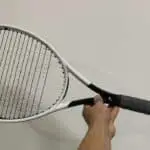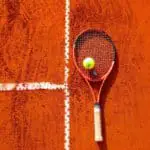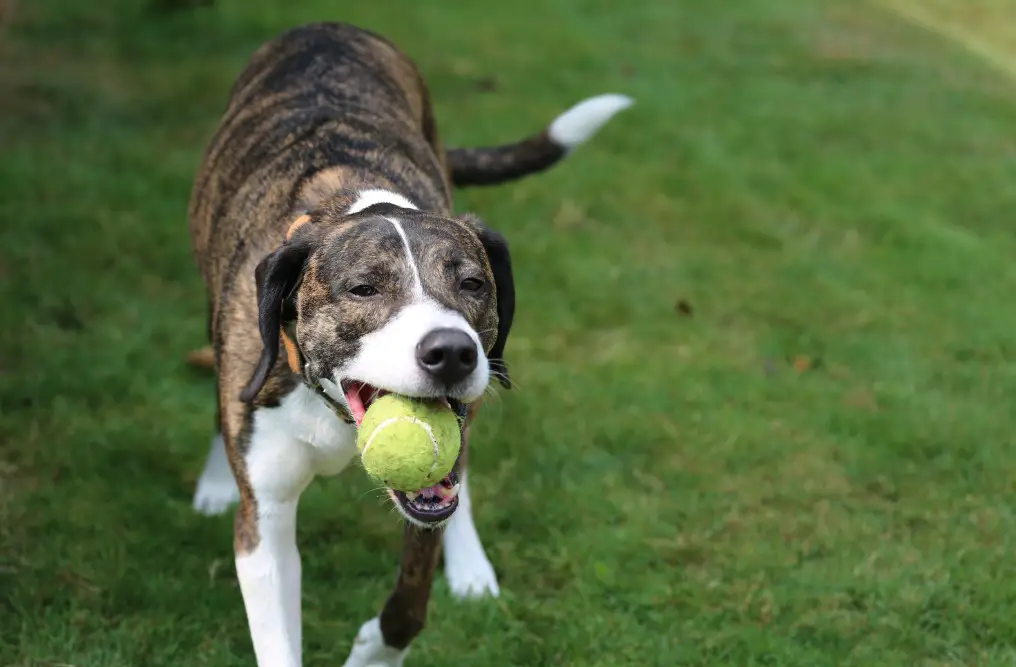
Are Tennis Balls Safe for Dogs?
For many dog owners, a tennis ball is an iconic symbol of playtime and companionship with their furry friends.
The sight of a wagging tail and eager eyes chasing after a bouncing ball is a familiar and heartwarming image.
However, amidst the joy of these playful moments, questions arise about the safety of tennis balls for our lovely companions.
Can tennis balls hurt our dogs? Are they safe to play with?
While tennis balls can be safe for dogs when used appropriately, it’s important to consider factors such as size, supervision during play, the material of the ball, and regular inspection for wear and tear.
Choosing tennis balls specifically made for dogs can help minimize risks and ensure a safe playtime experience for your canine companion.
Benefits of playing fetch with a tennis ball for your dog
Playing fetch with a tennis ball can contribute significantly to a dog’s physical and mental well-being in several ways:

- Physical Exercise: Fetching involves running, jumping, and quick bursts of movement, providing dogs with essential cardiovascular exercise. Regular fetch sessions help maintain a healthy weight, improve muscle tone, and enhance overall fitness levels.
- Mental Stimulation: The game of fetch engages a dog’s natural instincts to chase, retrieve, and problem-solve. It provides mental stimulation by requiring focus, concentration, and coordination. Dogs must assess the trajectory of the ball, anticipate its movements, and navigate obstacles, which helps keep their minds sharp and active.

- Bonding and Socialization: Playing fetch strengthens the bond between a dog and their owner through shared activity and positive reinforcement. It builds trust and rapport as dogs learn to rely on their owners for fun and companionship. Additionally, playing fetch with other dogs or humans promotes socialization skills and encourages friendly interaction.
- Energy Outlet: Dogs with high energy levels or those prone to boredom benefit from the physical and mental stimulation provided by fetch. It offers a constructive outlet for excess energy, reducing the likelihood of destructive behaviors like chewing or excessive barking.
- Emotional Well-being: Fetching can boost a dog’s mood and alleviate stress or anxiety. The joy of chasing and retrieving a ball provides dogs with a sense of accomplishment and satisfaction. Regular play sessions also help prevent boredom and loneliness, promoting a happier and more contented disposition.

What are the potential hazards associated with allowing dogs to play with regular tennis balls?
Here are the potential hazards associated with allowing dogs to play with regular tennis balls:

- Risk of choking, especially for smaller dogs or those prone to swallowing objects.
- Abrasive materials used in regular tennis balls can wear down a dog’s teeth over time, leading to dental damage.
- Chewing or ingesting pieces of a tennis ball can cause blockages in the digestive tract, posing a serious health risk.
How can you tell if a tennis ball is durable and safe for dogs?
When selecting a tennis ball for your dog, look for ones made from durable materials designed to withstand chewing and rough play.
Avoid cheaply made tennis balls that can easily break apart, as they pose a risk of ingestion or choking. Quality tennis balls for dogs are usually made from non-toxic rubber or felt materials that are safe for chewing and fetching.
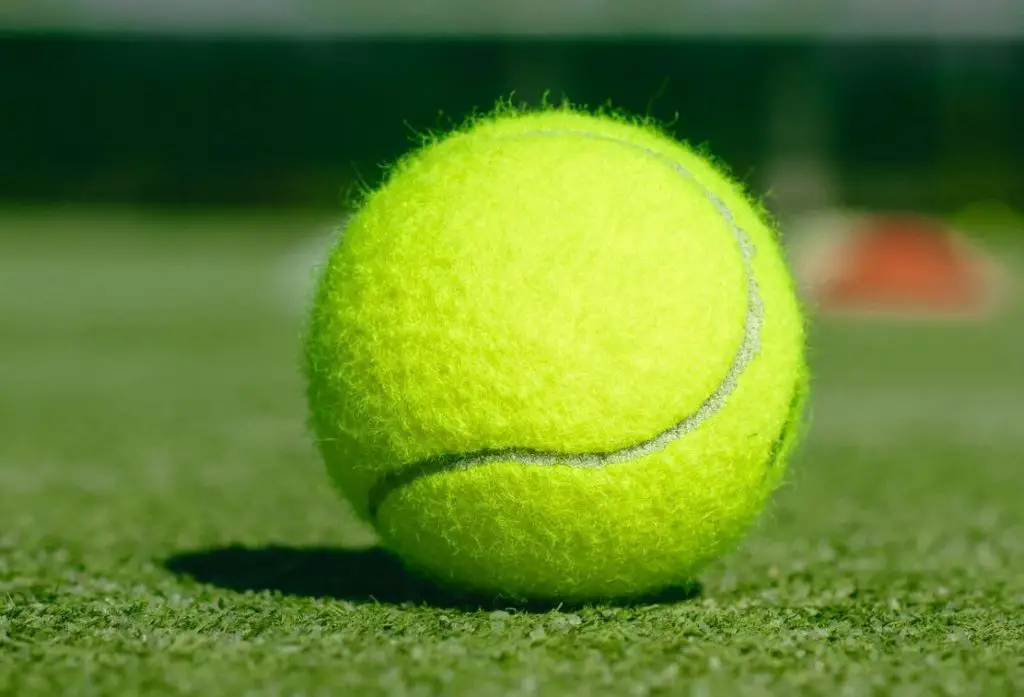
Here are the important features to look for when choosing a tennis ball for your dog to play with:
| Feature | Description |
|---|---|
| Size | Appropriately sized for your dog’s breed to prevent choking hazards |
| Durability | Made from durable materials resistant to chewing and rough play |
| Non-toxic | Materials are non-toxic and safe for your dog to chew on |
| Visibility | Brightly colored or marked for high visibility during playtime, especially outdoors |
| Supervision | Always supervise playtime to prevent accidents and replace damaged or worn-out balls promptly for safety maintenance |
Also read: Tennis Balls – 13 Surprising Facts You Should Know
Precautions to take when allowing a dog to chew on a tennis ball

it’s important to monitor their chewing behavior closely to prevent excessive wear on their teeth.
Consider limiting chewing sessions to shorter periods and providing alternative chew toys to prevent dental issues.
Additionally, always supervise your dog while they’re chewing to ensure they don’t ingest any pieces of the ball.
Finally, consider providing alternative chew toys, such as rubber balls or chew bones, to give your dog variety and prevent excessive wear on their teeth from chewing on tennis balls constantly.
Our Choice for Tennis Balls for Dogs
If you’re really stuck and unsure what tennis balls to get for your dog, here are our recommended tennis balls that should entertain your companion without any risks.
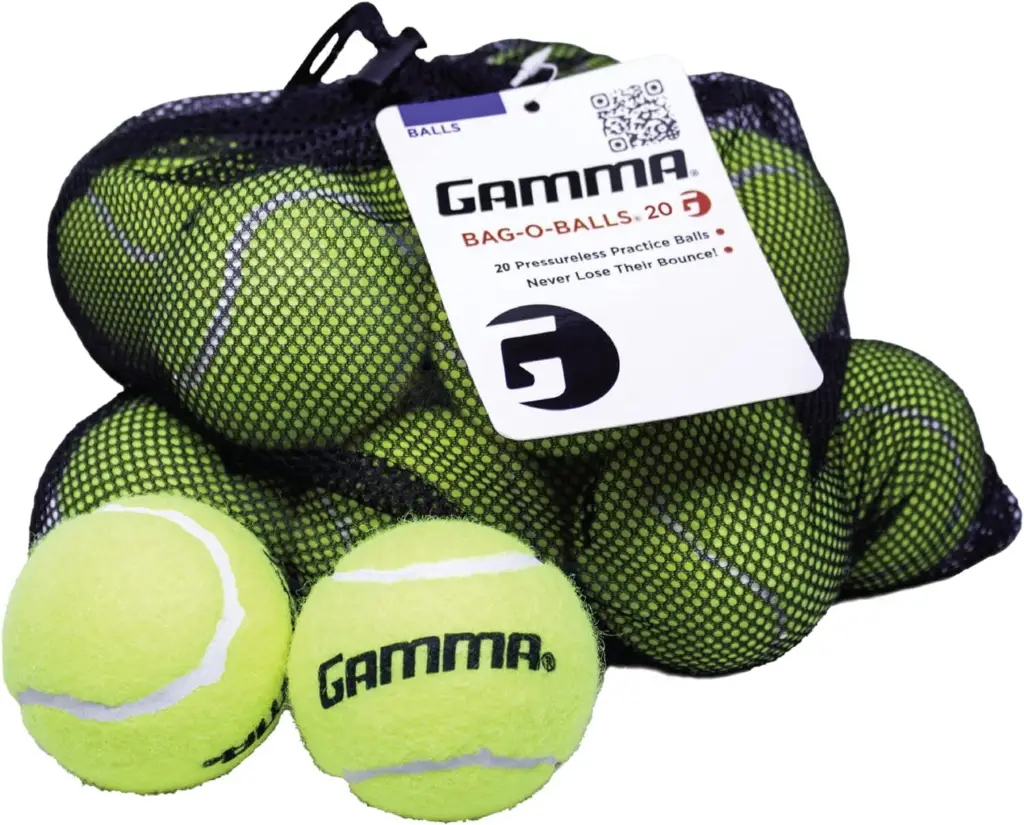
This is a pressureless tennis ball bucket that offers maximum performance and durability, ensuring consistent play without losing pressure over time.
Ideal for tennis practice, these balls are favored by teaching pros, avid players, and throwing machine enthusiasts alike for their durability and versatility on all court types.
The reusable tennis ball bag adds convenience for transport to any court, making it the perfect sports gift for families, tennis teachers, or anyone looking to enjoy the game, even with their pets.





